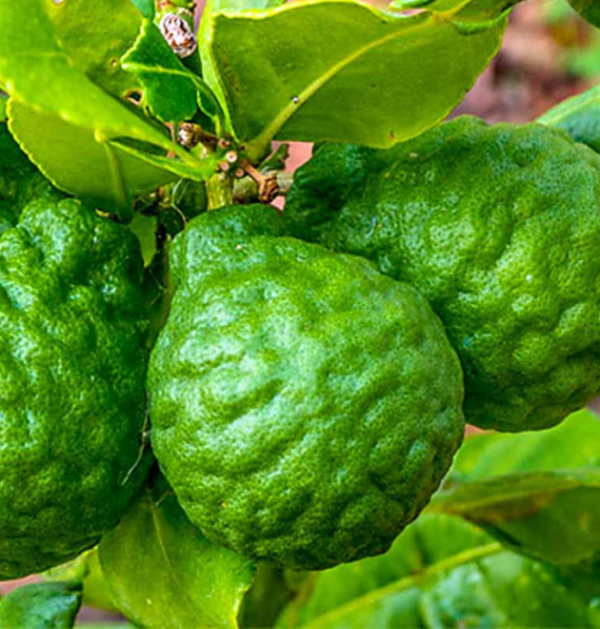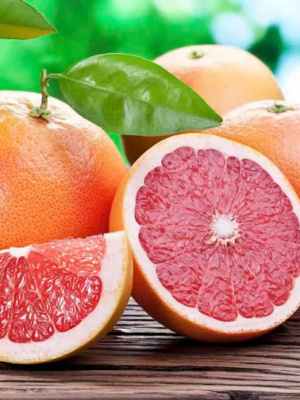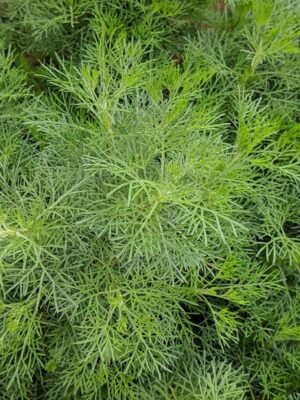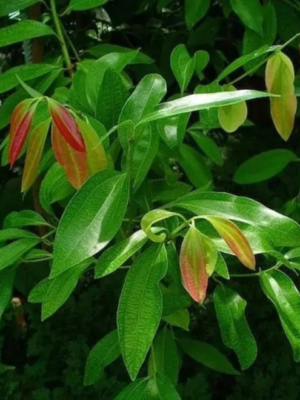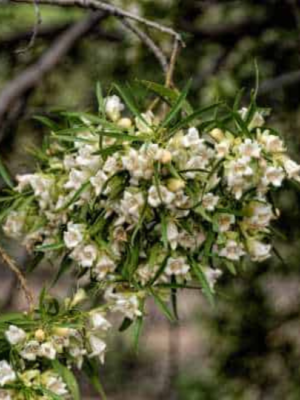The Bergamot Essential Oil that is currently produced in Calabria, Italy is considered to be of the highest quality in the international trading market. Bergamot is a citrus fruit known for its essential oil, which is contained in the oil-bearing pockets in the peel of the pericarp. This volatile oil is obtained by the expression, without the aid of heat, from the fresh peel of the fruit of Citrus bergamia, which belongs to the Rutaceae family, which is better identified by the name Citrus.
This tree’s fruit is a cross between the lemon and the orange, giving the small, round fruit a slight pear-shaped, and yellow coloring. Some think the fruit appears to look like a mini orange. Bergamot is a popular scent in the perfumery industry, and its powerful fragrance makes it an important constituent in many perfumes in which it acts as the top note. Bergamot is a small green-yellow fruit with a sour, bitter pulp. Unlike other citrus fruits, it is grown only for its essential oil.
The Citrus bergamia tree, or the Bergamot Tree, is an evergreen tree that was originally grown by planting seeds or cuttings. In winter, small, white, fragrant star-shaped flowers begin to blossom on the tree. In the summer, the tree produces yellow pear-shaped fruits, which appear to be a cross between a Sweet Lime/Lemon and an Orange and are commonly used in culinary and perfumery applications.
Used in aromatherapy applications, Bergamot Essential Oil is known to help reduce anxiety and stress and thereby alleviate symptoms of depression. The relaxing, soothing aroma of Bergamot Essential Oil is sedative and can assist with sleep disorders like insomnia by putting the user into a restful state. Used cosmetically or topically in general, Bergamot Oil can disinfect the skin by preventing the growth of harmful bacteria. When added to bath water or soaps, it relieves cracks on the skin and heels while also protecting skin against infections. Used medicinally, Bergamot Essential Oil works as a febrifuge, which helps the body to recover from illness by fighting infections that cause fever.
Product Details
- Botanical name: Citrus bergamia
- Origin: Italy
- Crop Season: November – March
- Plant/part used: Fresh fruit peel
- Method of extraction: Cold-pressed extraction
- EINECS CAS: 296-429-8
- EINECS: 8007-75-8
- INCI Name: Citrus aurantium bergamia (Bergamot) fruit oil
- Appearance: Green to yellow liquid
- Organoleptic Properties: characteristic, pleasant, and cool, recalling that of the fresh pericarp of bergamot
- Density: 0.876-0.883 @20ºC
- Refractive index: 1.465-1.470 @20ºC
- Optical rotation: 15° to 32°
- Chemical constituents: Limonene, Linalool, Linalyl Acetate, Gamma Terpinene, Beta-Bisabolene, Beta Pinene

